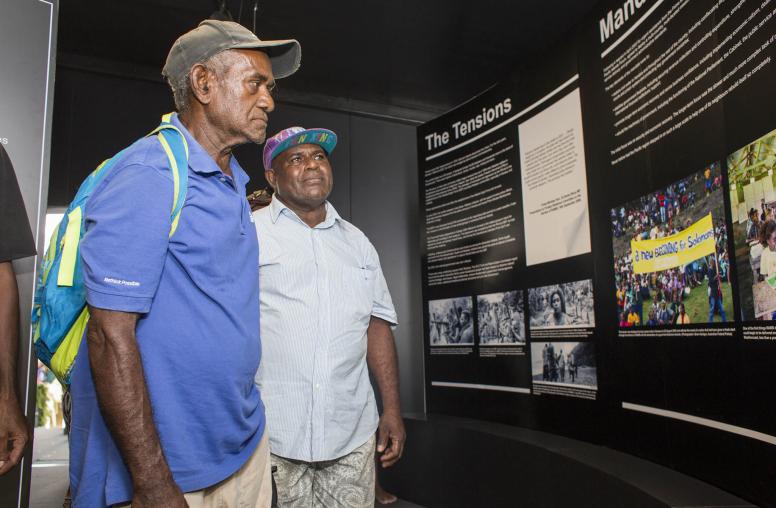In a Consequential Year for Iraq, What’s Next?
U.S. and Iraqi Perspectives on the Path Ahead in the Biden Era
Read the event coverageAs Iraq marks the 18th anniversary of the 2003 U.S.-led war that set in motion consequential changes, the country is eyeing what a Biden administration might bring while the country prepares for national elections in October. Meanwhile, His Holiness Pope Francis made a historic visit to Iraq earlier this month and injected much needed messages of hope, coexistence and peace into an environment dominated by frustrations with the pandemic and its financial consequences, public grievances with governance, continued U.S.-Iran tensions and attacks on coalition forces, and the ongoing threat of ISIS.
On March 23, USIP held a discussion of key developments in Iraq and the outlook for U.S.-Iraq relations under the Biden administration. The panel shared their insights on the Pope’s first-ever visit to Iraq, examined the country’s current challenges, and explored areas where policymakers and the international community can support Iraq.
Continue the conversation on Twitter with #WhatsNextIraq.
Speakers
Lise Grande, opening remarks
President and CEO, U.S. Institute of Peace
Ambassador Matthew Tueller
Ambassador of the United States to Iraq
Ambassador Fareed Yasseen
Ambassador of Iraq to the United States
Bayan Sami Abdul Rahman
Kurdistan Regional Government Representative to the United States
Sarhang Hamasaeed, moderator
Director, Middle East Programs, U.S. Institute of Peace




